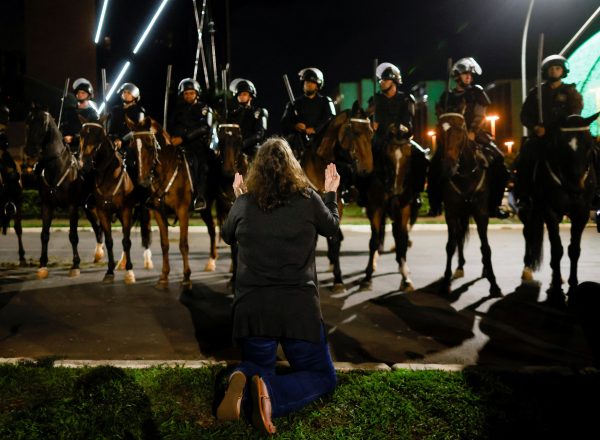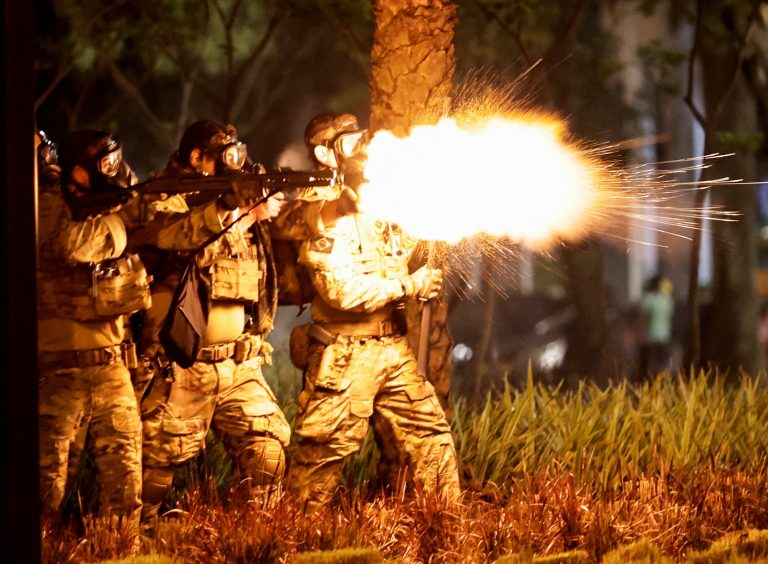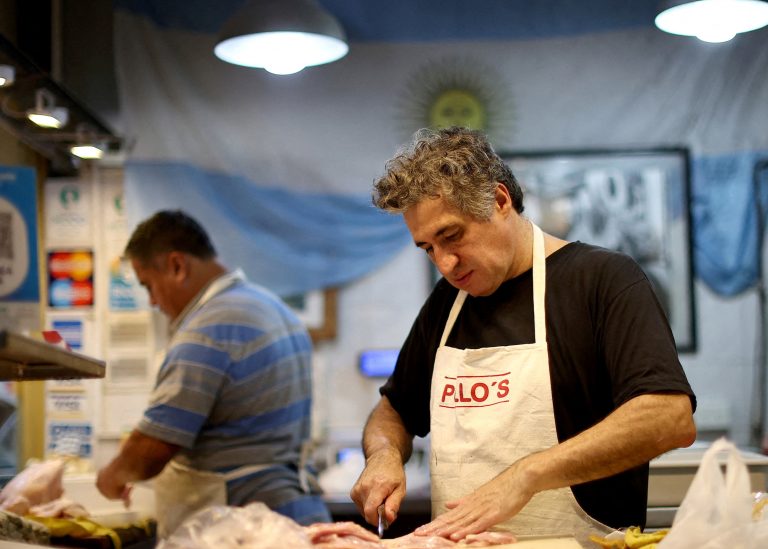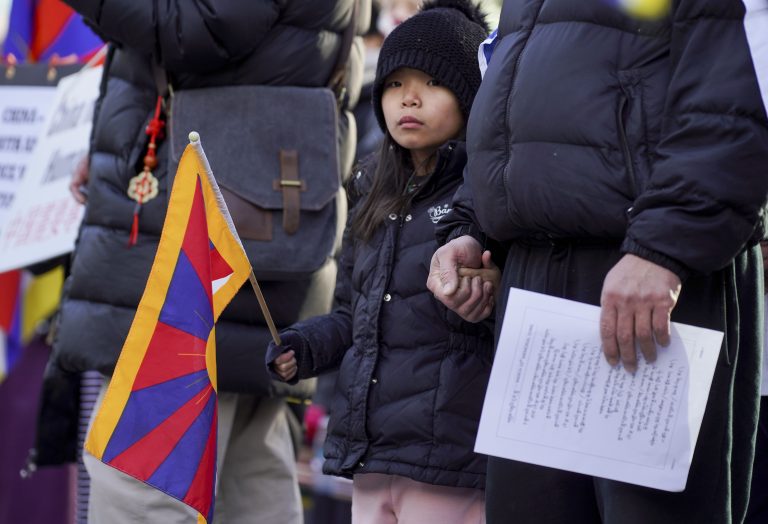The president-elect of Brazil, Luiz Inacio Lula da Silva, has pledged to “disarm” the people of South America’s largest and most populous nation, just over a month after the leftist candidate’s much-contested victory over rival Jair Bolsonaro.
According to official tallies, Bolsonaro, who has been president since 2019, lost to Lula by less than 1 percent of the vote. Nearly 120 million people cast ballots in the run-off election on Oct. 30 this year.
The Brazilian right wing has challenged the results with protests, civil disobedience, and litigation, while the left roundly dismisses allegations that the election proceeded fairly and competently.
In response, Lula’s transition team is working on bolstering gun controls once he takes office on Jan. 1, 2023. They aim to revoke dozens of executive orders Bolsonaro signed to loosen gun laws, which sparked a surge in firearms ownership.
Outside the United States, where the right to keep and bear arms is constitutionally protected, most countries’ governments maintain strict regulations on the books to limit popular possession of weapons.
Re-tightening the screws on gun ownership
Success
You are now signed up for our newsletter
Success
Check your email to complete sign up
Members of the Lula transition team who spoke with Reuters cited the high-profile case of Brazilian former lawmaker Roberto Jefferson, who on Oct. 23 refused to leave house arrest for prison and fired back at police coming to take him.
Jefferson, a right-wing ally of Bolsonaro, had been put under house arrest in 2021 for the charge of “attacking democracy”; previously, he was investigated for corruption. In the 2000s, he engaged in activism to expose a cash-for-votes scheme by left-wing supporters of Lula, a long-time participant in Brazilian politics and himself the subject of corruption scandals.

There are now around 1.9 million privately owned weapons registered in Brazil, according to the Igarape and Sou da Paz institutes, up from around 695,000 in 2018 when Bolsonaro was elected. Brazil has about 214 million people, meaning less than one privately owned firearm for every 100 Brazilians.
The incoming Lula administration hopes to reduce the stock of firearms, given that many of them are owned by supporters of Bolsonaro.
Bruno Langeani, from the Sou da Paz Institute, who is informally advising Lula’s transition team, told Reuters that the case of Roberto Jefferson shows “how dangerous it is for civilians to have high-caliber weapons.”
Marcos Pollon, a newly-elected federal lawmaker who leads lobby group PROARMAS, which models itself on the U.S. National Rifle Association, said he would fight Lula’s efforts to suppress gun ownership.
Public safety or ‘dictatorial measure’?
“To destroy overnight an entire industry for political revenge … is a dictatorial measure,” he said. “We believe the legislature will respond to guarantee peoples’ rights to practice their sports and exercise legitimate self-defense.”
Ahead of the election, Bolsonaro encouraged his followers to arm themselves as insurance against potential electoral malfeasance, and political tensions in Brazil remain high.
Bolsonaro has yet to concede defeat, and his politicization of gun ownership has contributed to a tense atmosphere, with groups of his supporters camped outside military bases, urging the armed forces to overturn the result.
On Monday night (Dec. 12), Bolsonaro supporters tried to invade the federal police headquarters in Brasilia, clashing with security forces and setting fire to vehicles, after the Supreme Court ordered the arrest of an indigenous leader who had allegedly “summoned armed people to prevent the certification of” Lula’s victory.
Lula is no stranger to restricting gun rights. During his 2003-2010 presidency, he passed laws cracking down on guns, removing 650,000 firearms from the public through a voluntary buyback scheme.
Now, his team hopes to undo Bolsonaro’s liberalization by making it harder to get new firearms licenses, and more expensive and onerous to renew old ones. The transition team is also looking at ways to streamline opaque databases run by the army and the federal police, they said.
However, transition team lawyer Gabriel Sampaio admitted that getting Brazilians to part with their guns would be “challenging.”
Instead of a voluntary system, this time the 77-year-old Lula and his team are planning an obligatory buyback to transfer semi-automatic rifles — often erroneously referred to as “assault weapons” — from civilian hands to the military.
Reuters contributed to this report.













